Youth revolts rattle Morocco as calls against corruption grow louder
Snowballing controversy over World Cup construction and civic services has become a serious threat to Morocco’s political stability

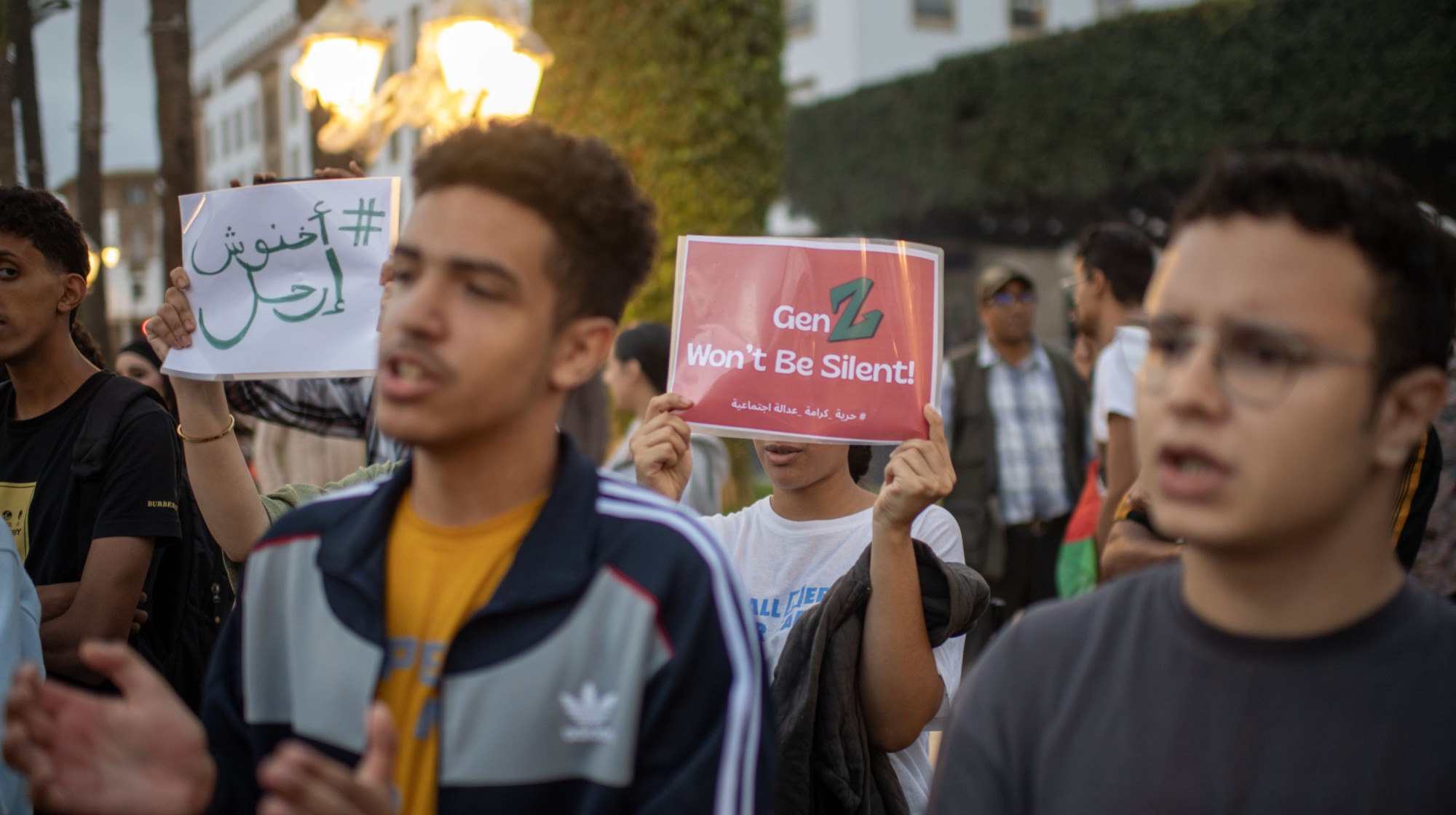
A free daily email with the biggest news stories of the day – and the best features from TheWeek.com
You are now subscribed
Your newsletter sign-up was successful
Morocco has been rocked in recent days by a growing protest movement that has threatened the civic and political fabric of a country considered by many international observers as one of the most open and stable on the continent. Predominantly Gen Z-led, the demonstrations have focused on alleged political corruption among Moroccan politicians, particularly regarding construction for the 2030 FIFA World Cup, which protesters allege has come at the expense of health care resources and infrastructure. As demonstrations turn violent and protesters begin turning to the Moroccan monarchy for support, Morocco has reached a fraught inflection point.
What are the protests about?
Largely the work of a “leaderless collective called Gen Z 212,” said The Associated Press, this protest movement comes after “anger boiled over in September” following the death of eight women during childbirth at a public hospital in the city of Agadir. Despite the city’s reputation as a tourist destination, residents of Agadir have “decried a lack of doctors and quality medical care,” and have “likened the government to a mafia.” Predominantly led by “internet-savvy youth,” the protests have “taken the country by surprise,” said Euronews. Demonstrators have “contrasted the flow of billions in investment toward preparation for the 2030 World Cup” to the fact that “many schools and hospitals lack funds and remain in a dire state.”
Young Moroccans in particular have felt “disenfranchised by the country’s policies and international ambitions,” which “mainly target external audiences and tourists,” said Sarah Zaaimi at the Atlantic Council. The protests have “attracted support from more established movements” including the Moroccan Association for Human Rights, which was “active during the 2011 protests that formed part of the Arab Spring,” said The New York Times.
The Week
Escape your echo chamber. Get the facts behind the news, plus analysis from multiple perspectives.

Sign up for The Week's Free Newsletters
From our morning news briefing to a weekly Good News Newsletter, get the best of The Week delivered directly to your inbox.
From our morning news briefing to a weekly Good News Newsletter, get the best of The Week delivered directly to your inbox.
How has Morocco’s government responded?
Since taking off, the Gen Z 212 protests have “escalated and become more destructive,” particularly in localities “far from where development efforts have been concentrated,” CNN said. The response from Morocco's government has been “swift and brutal,” said the network, with riot police “deployed across major cities, using force and arresting dozens.” Last week, the violence intensified after police shot and killed three protesters in the city of Lqliaa, in what Moroccan authorities said on X was an act of “legitimate self-defense.”
In his first public remarks on the ongoing protests, Prime Minister Aziz Akhannouch last week said the violence in Lqliaa was “regrettable” and offered to “engage in dialogue” with movement organizers. But while “initially drowned out” in the protests’ early days, “calls for the prime minister’s resignation have risen to the top of demonstrators’ demands,” said Le Monde. For some protesters, however, any negotiations with the government are a nonstarter. Instead, any dialogue must take place with the “real center of power in Morocco,” said Abdelilah Benabdeslam, identified by Bloomberg as a “senior figure” in a coalition of Moroccan NGOs backing the movement: “the Makhzen,” the Moroccan monarch’s nebulous “coterie that comprises advisers and senior security officials who provide counsel on strategic issues,” Bloomberg said.
To that end, the Gen Z 212 movement has made a public appeal to King Mohammed VI to enact a series of reforms. It is the Moroccan throne that ultimately “remains a guarantor of the nation’s security, stability and dignity,” the group said in a letter to the monarch.
Is this an isolated incident?
Although the specific antecedents, context and demands of the Gen Z 212 protests may be unique, the “throughline” connecting Morocco’s demonstrations to similar movements around the globe is “clear,” said CNN. As the “latest in a string of youth-led demonstrations” around the world, the Times said, the disparate actions “do not appear to be connected” to each other operationally, but reflect a broad “growing anger among younger populations over government corruption and limited economic opportunities.”
A free daily email with the biggest news stories of the day – and the best features from TheWeek.com
The protests will “undoubtedly reshape” Morocco’s “political conversation,” but the country’s “track record in managing crises” points to the likelihood that it will simply “absorb the current events and gradually return to normalcy,” said the Atlantic Council’s Zaaimi. It is also ”essential to watch for any ripple” effect similar to the regional shockwaves of the Arab Spring that reshaped the region.
Rafi Schwartz has worked as a politics writer at The Week since 2022, where he covers elections, Congress and the White House. He was previously a contributing writer with Mic focusing largely on politics, a senior writer with Splinter News, a staff writer for Fusion's news lab, and the managing editor of Heeb Magazine, a Jewish life and culture publication. Rafi's work has appeared in Rolling Stone, GOOD and The Forward, among others.
-
 6 of the world’s most accessible destinations
6 of the world’s most accessible destinationsThe Week Recommends Experience all of Berlin, Singapore and Sydney
-
 How the FCC’s ‘equal time’ rule works
How the FCC’s ‘equal time’ rule worksIn the Spotlight The law is at the heart of the Colbert-CBS conflict
-
 What is the endgame in the DHS shutdown?
What is the endgame in the DHS shutdown?Today’s Big Question Democrats want to rein in ICE’s immigration crackdown
-
 Iran unleashes carnage on its own people
Iran unleashes carnage on its own peopleFeature Demonstrations began in late December as an economic protest
-
 Why Greenland’s natural resources are nearly impossible to mine
Why Greenland’s natural resources are nearly impossible to mineThe Explainer The country’s natural landscape makes the task extremely difficult
-
 Trump, Iran trade threats as protest deaths rise
Trump, Iran trade threats as protest deaths riseSpeed Read The death toll in Iran has surpassed 500
-
 Iran cuts internet as protests escalate
Iran cuts internet as protests escalateSpeed Reada Government buildings across the country have been set on fire
-
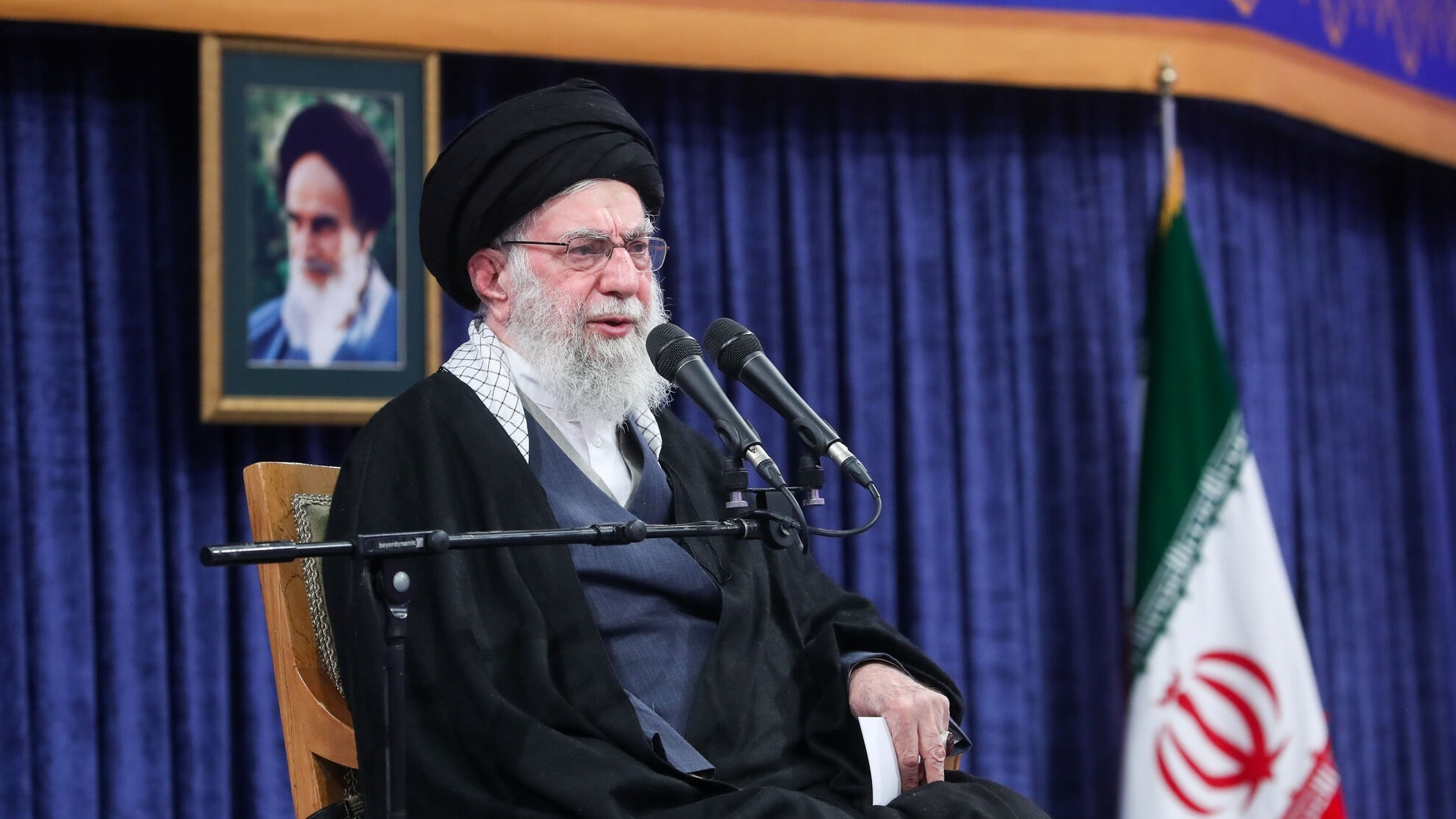 Iran’s government rocked by protests
Iran’s government rocked by protestsSpeed Read The death toll from protests sparked by the collapse of Iran’s currency has reached at least 19
-
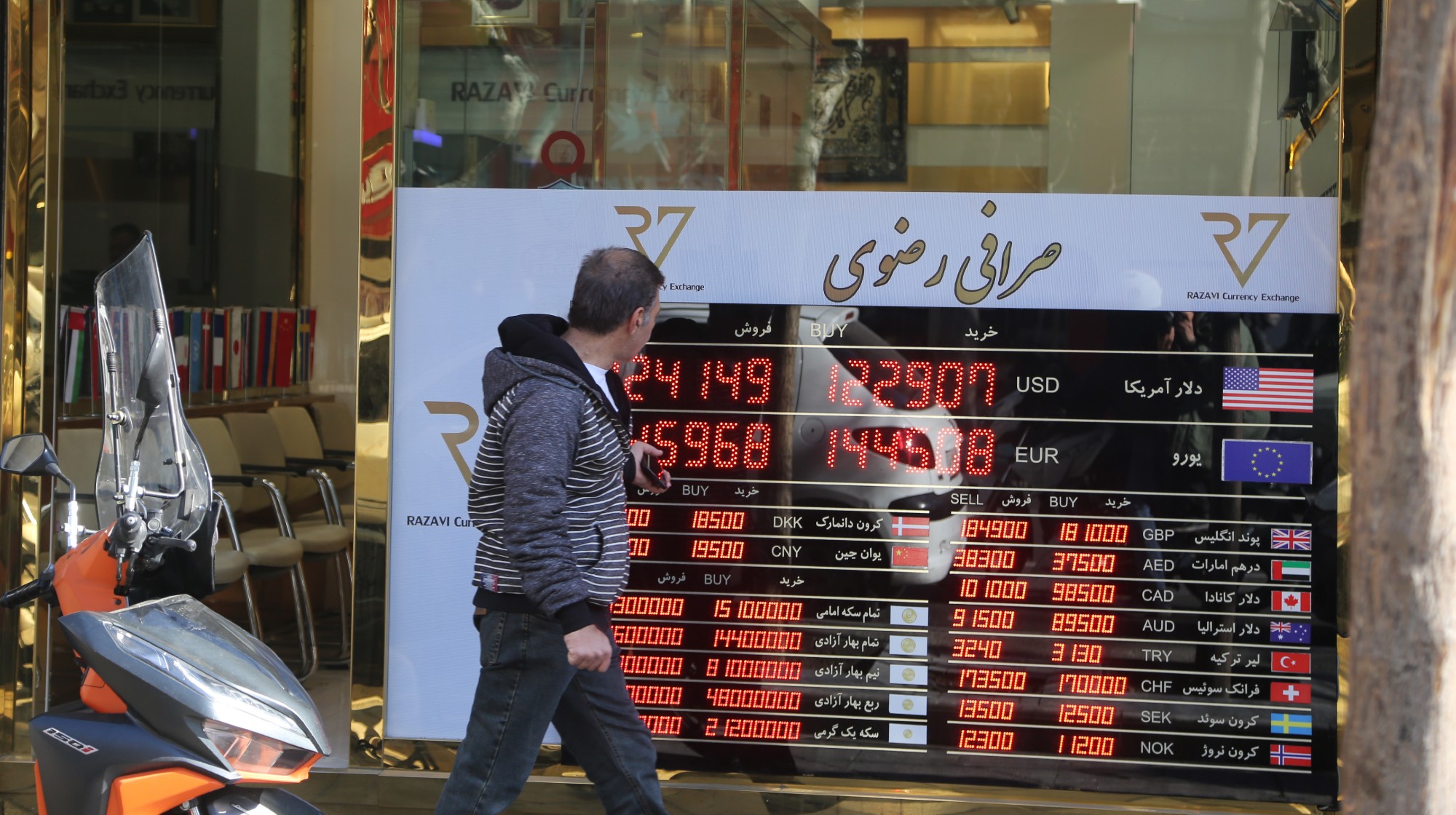 Why is Iran facing its biggest protests in years?
Why is Iran facing its biggest protests in years?TODAY’S BIG QUESTION Iranians are taking to the streets as a growing movement of civic unrest threatens a fragile stability
-
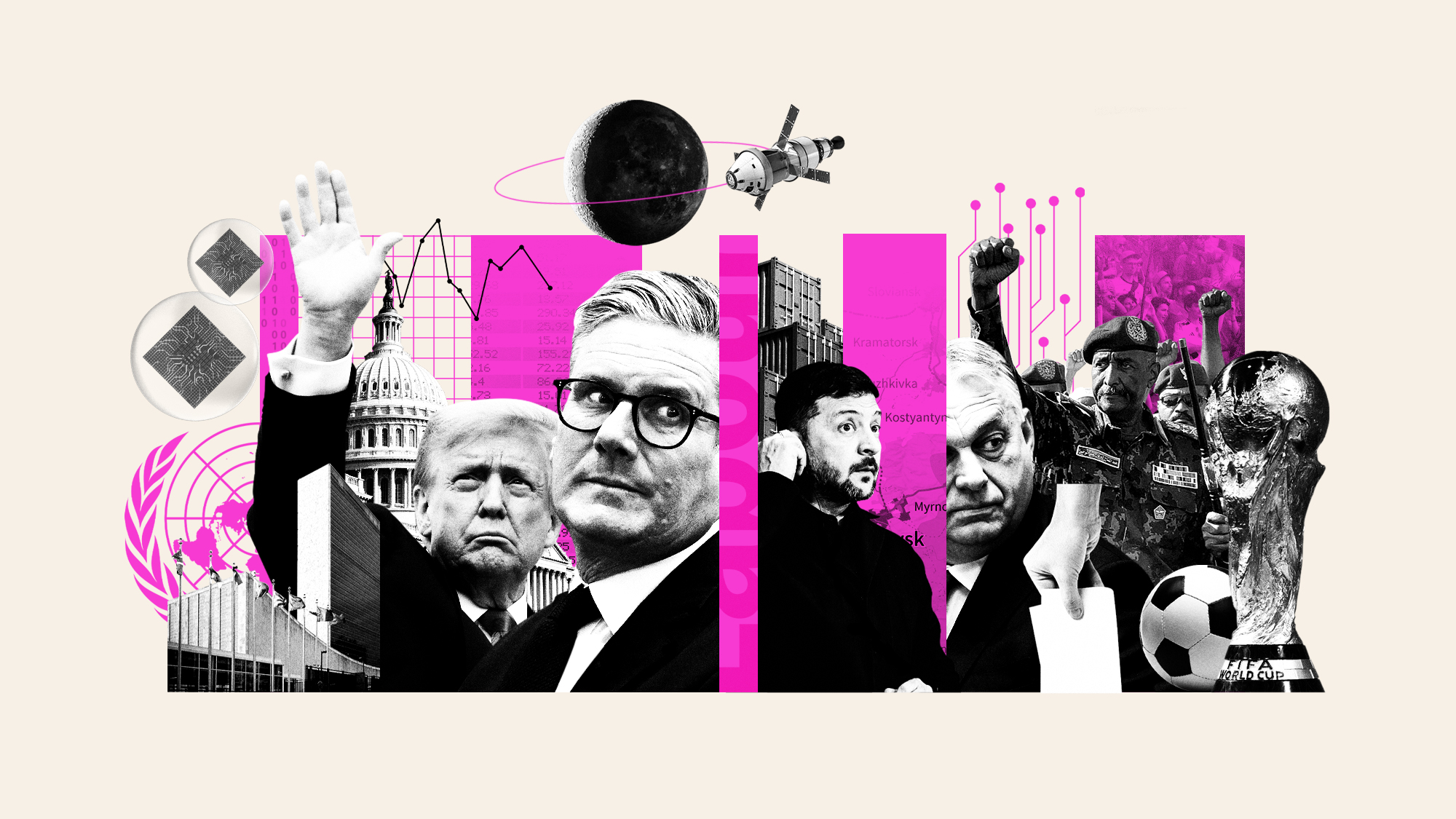 What will happen in 2026? Predictions and events
What will happen in 2026? Predictions and eventsIn Depth The new year could bring peace in Ukraine or war in Venezuela, as Donald Trump prepares to host a highly politicised World Cup and Nasa returns to the Moon
-
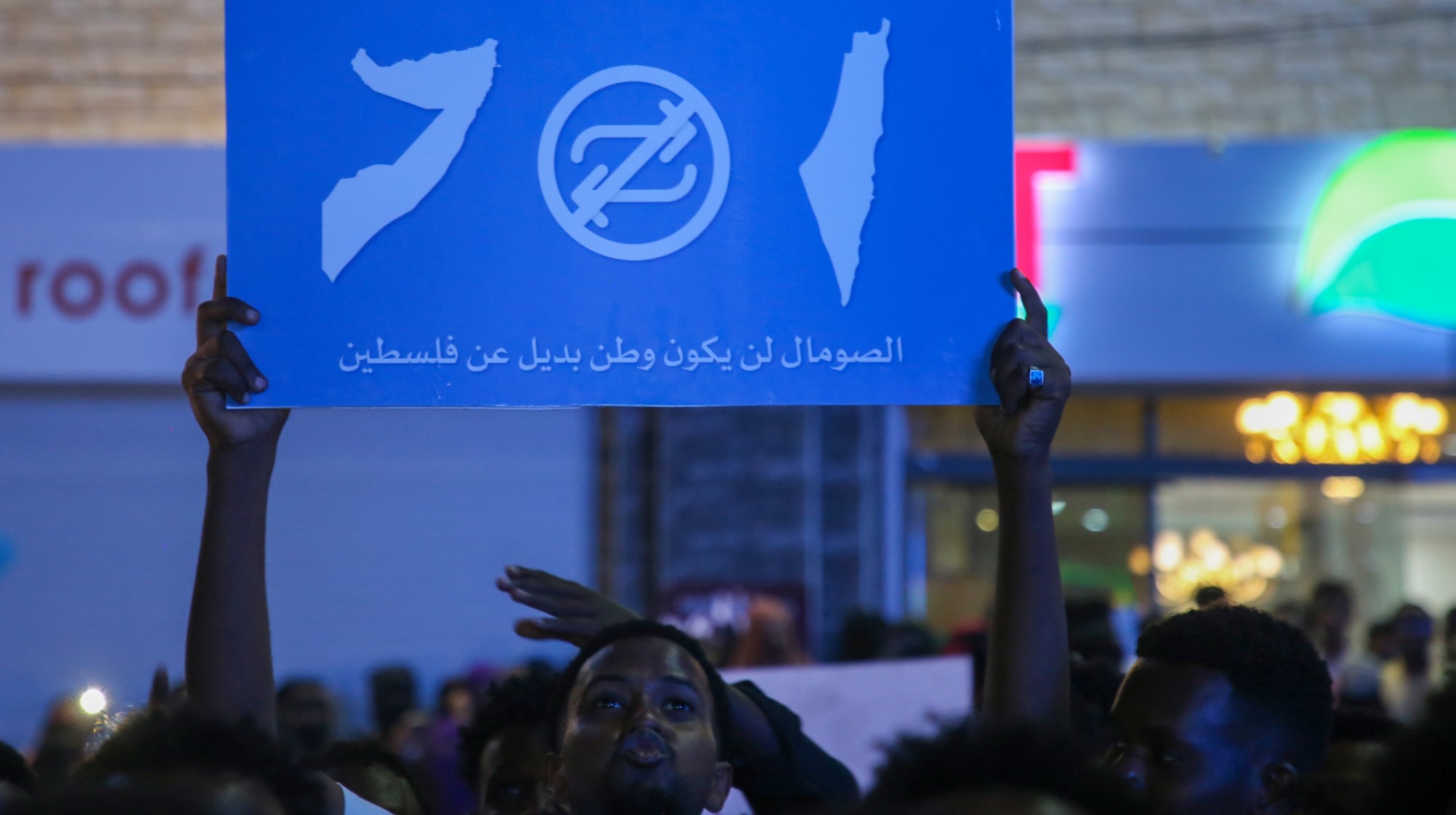 Why recognizing Somaliland is so risky for Israel
Why recognizing Somaliland is so risky for IsraelTHE EXPLAINER By wading into one of North Africa’s most fraught political schisms, the Netanyahu government risks further international isolation
